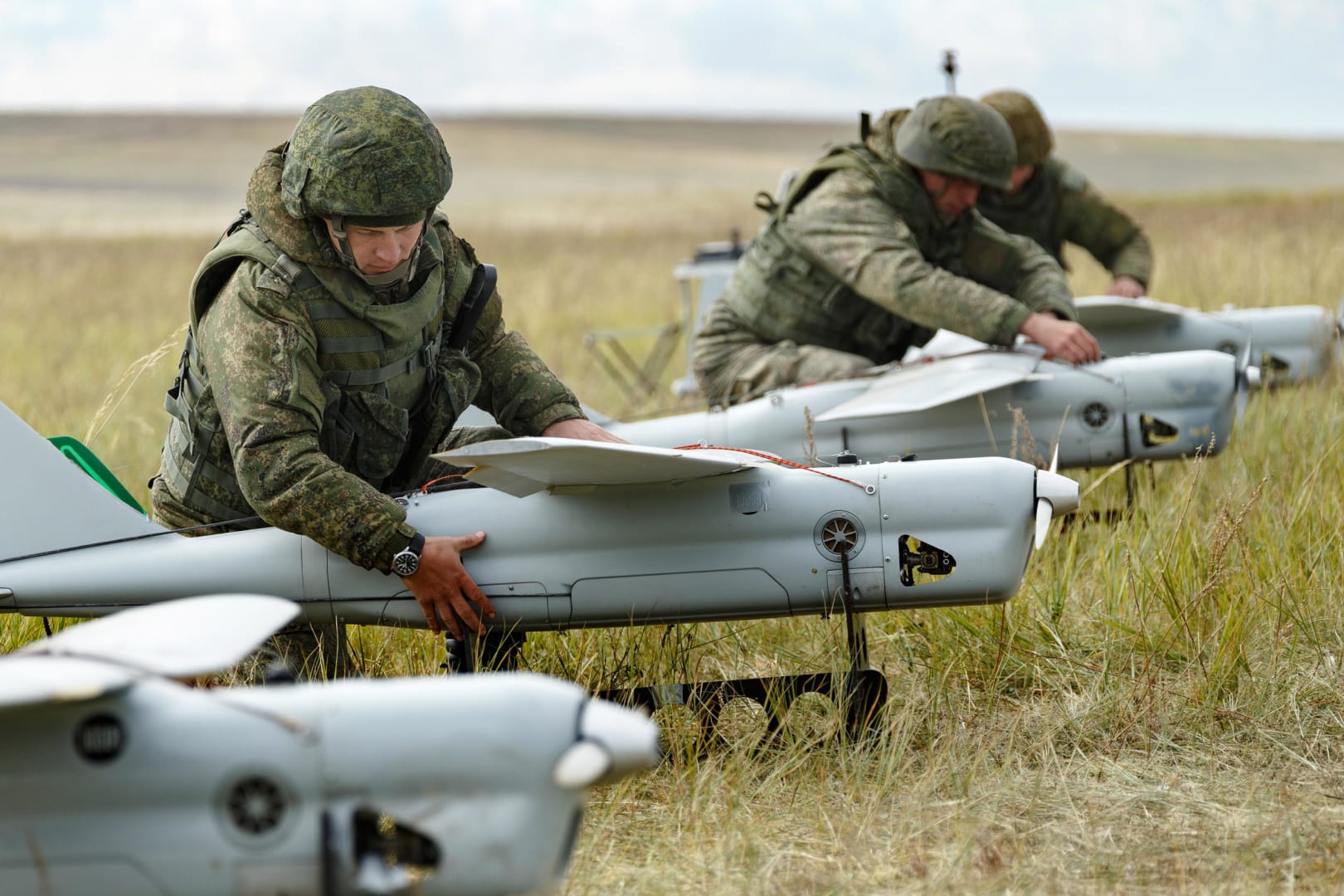On June 1, 2025, Ukraine shattered a symbolic cornerstone of military geography by striking, for the first time, Russian strategic bases located over 4,300 km from its borders, in Belaya (Irkutsk) and Olenya (Murmansk).
This unprecedented operation reportedly damaged more than 40 aircraft. It represents a foundational act of a new era, marking a major strategic shift.
The event dismantles the traditional geographical framework of the conflict: war is no longer linear nor bound to borders.
It has become fluid, instantaneous, psychological, transnational and desynchronized, escaping temporal, spatial and normative reference points.
This shift symbolizes the collapse of the traditional codes of warfare, demanding a radical redefinition of its rules…if any still remain.
Striking the Unthinkable: Toward a Geopolitics of Instantaneity
This raid on Siberia marks a radical rupture with classical military logic. What once was a 4,300 km natural barrier is now reduced to a drone delivery delay. By targeting aircraft like the Tu-95 and Tu-22, symbols of Russian nuclear power, Ukraine has shifted the frontline in the collective imagination. Military action now follows an ultra-fast tempo where even remote territories become vulnerable within hours. This echoes Hartmut Rosa’s theory of social acceleration, in which nothing allows for interpretive pause between event and reaction. But this speed has a cost. It opens up a grey zone where anticipation becomes nearly impossible for states and public opinion alike.
Territories Dissolved: When Geography Turns Obsolete
What’s being challenged is not only distance but the very idea of sanctuary. Siberia, once considered an untouchable hinterland, has now become an active theater of war. The Belaya base, deep in eastern Siberia, was targeted by drones (a fact confirmed by the regional governor) marking the first attack of its kind in the area. Bauman spoke of the liquefaction of reference points in late modernity; here we witness a full-on geostrategic liquefaction. This shift reconfigures the very notion of a “conflict zone.” If everything can be hit, then nothing is safe.
Desynchronization and Global Vertigo: A World Falling Behind
This extreme mobility of warfare surpasses the adaptive capacities of institutions. While Ukraine claimed the strike and detailed its extent (over 40 aircraft hit, according to the SBU) Russia merely acknowledged a drone attack without giving further details. A gap is forming between fast action and disoriented reaction. NATO, analysts and citizens are lagging behind the pace. Lipovetsky describes an informational saturation in hypermodernity, where the intensity of events hinders assimilation. In this case, saturation leads to a loss of resonance. It’s no longer the war that shocks but the fact that it has become continuous, unpredictable and nearly normalized.
A War Beyond Rules: Legal Instability and Moral Ambiguity
By striking so far inland, Ukraine is challenging the tacit conventions of warfare. Russia’s internal territory becomes vulnerable and the concepts of proportionality and target legality fade into a legal grey zone. This normative blurring, born of speed and fluidity, reflects a broader crisis in the legitimacy of reality itself, where lines between front and rear, military and civilian, collapse. As Rosa writes, we live in an era where normative frameworks can no longer keep up with the tempo of transformation.
Key Takeaway: The Horizon of a Reimagined War
The strike on Siberia is less a military milestone than an anthropological moment. It exposes three major cracks in our relationship to the world.
The temporality of war is no longer shaped by command structures but by networks, flowing in real time. Every action unfolds instantaneously, blurring the traditional boundaries of control and decision-making.
The space of war has no center and no margins. Without fixed borders, everything becomes a rough draft, constantly rewritten, where instability breeds fragility.
The rules of war cannot survive the pace of their own transgression. They dissolve as conflicts perpetually push the boundaries of what is allowed or forbidden.
What does this leave us to think?
If 4,300 km no longer guarantees safety, what are the new red lines?
If Russia cannot protect Irkutsk, what does this imply for other nuclear powers?
If norms collapse, should we write new ones…or abandon the idea of rules altogether?
And if this kind of war becomes the new normal, what will peace look like?

